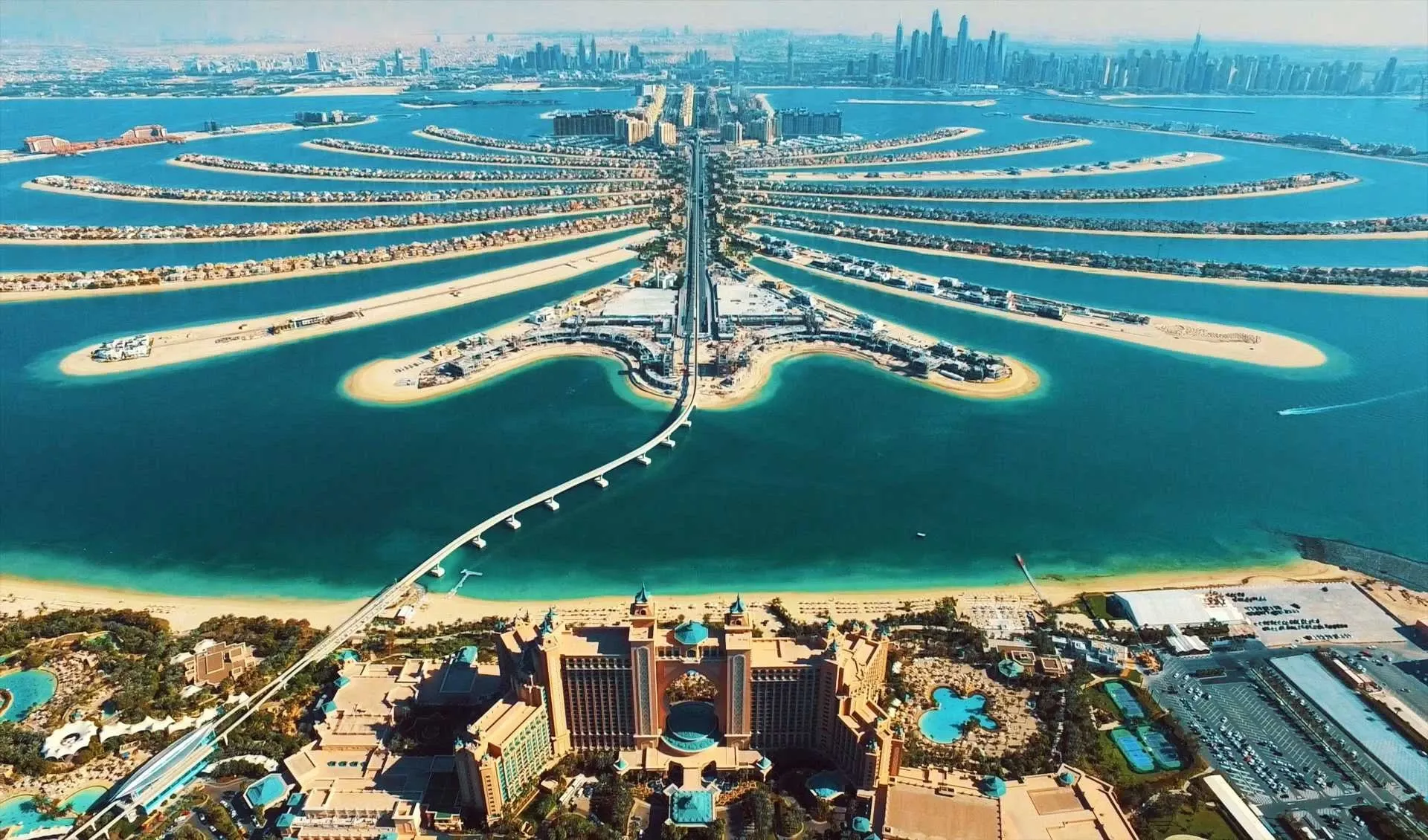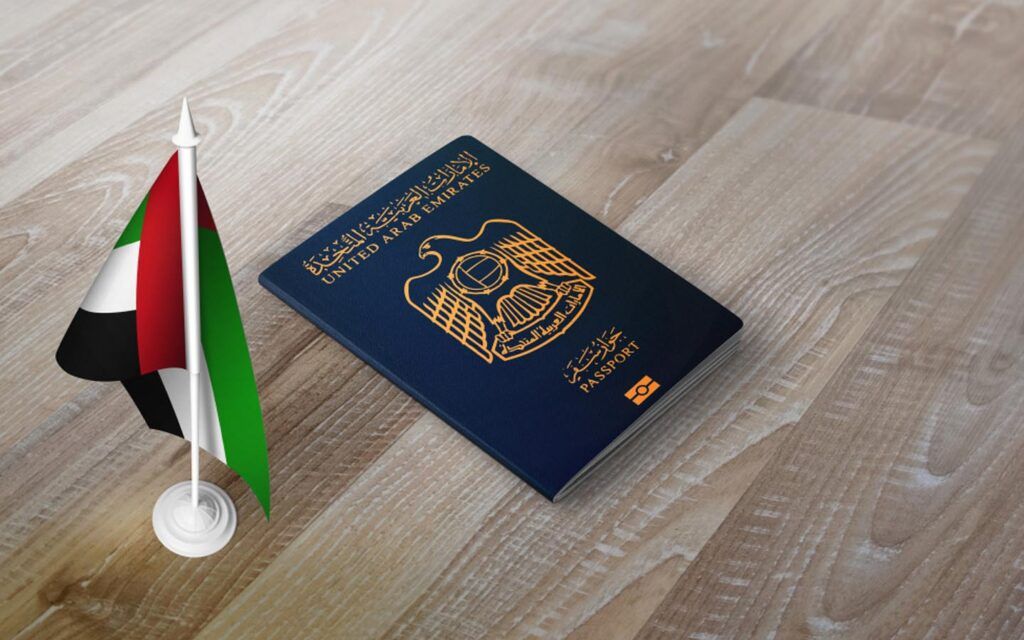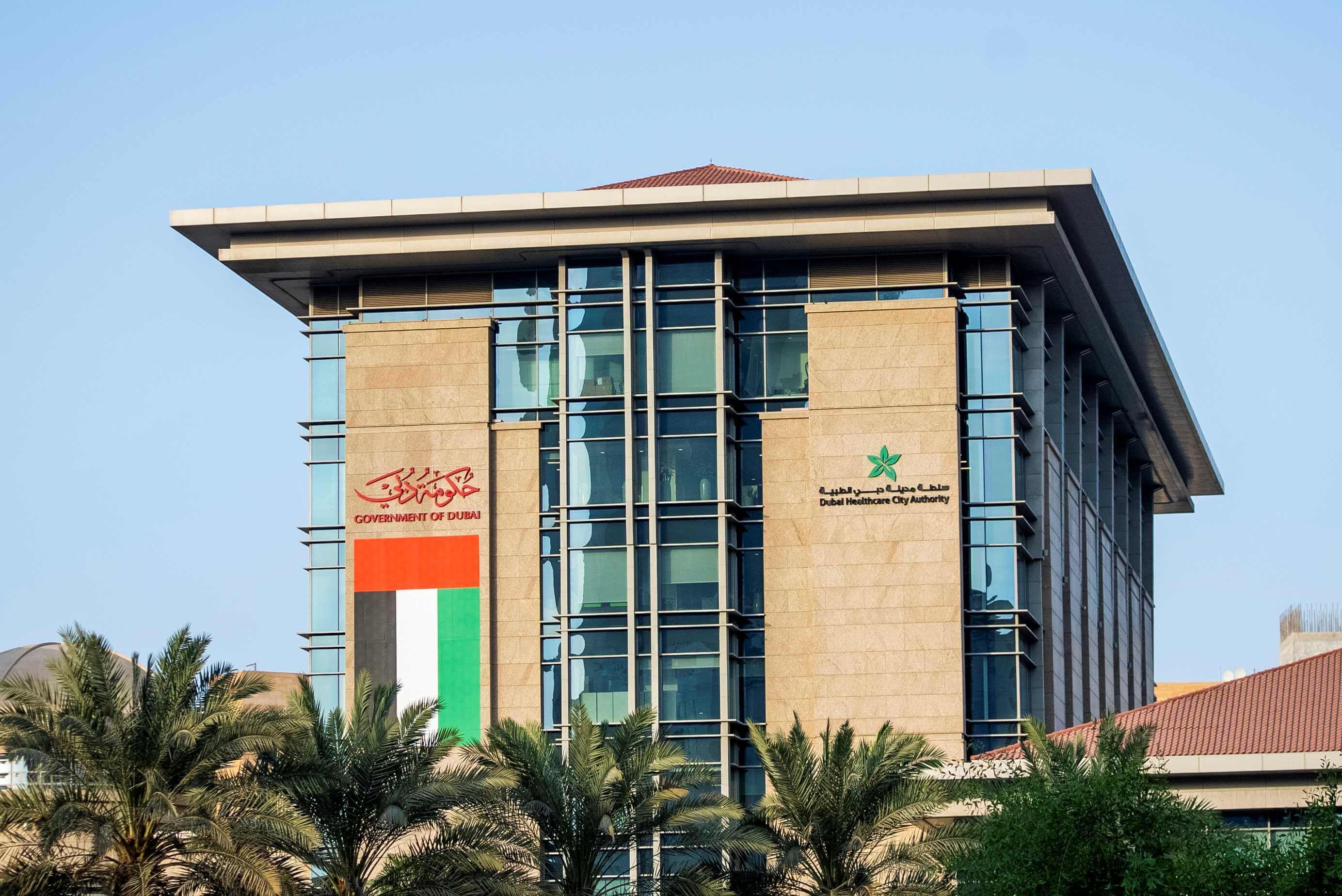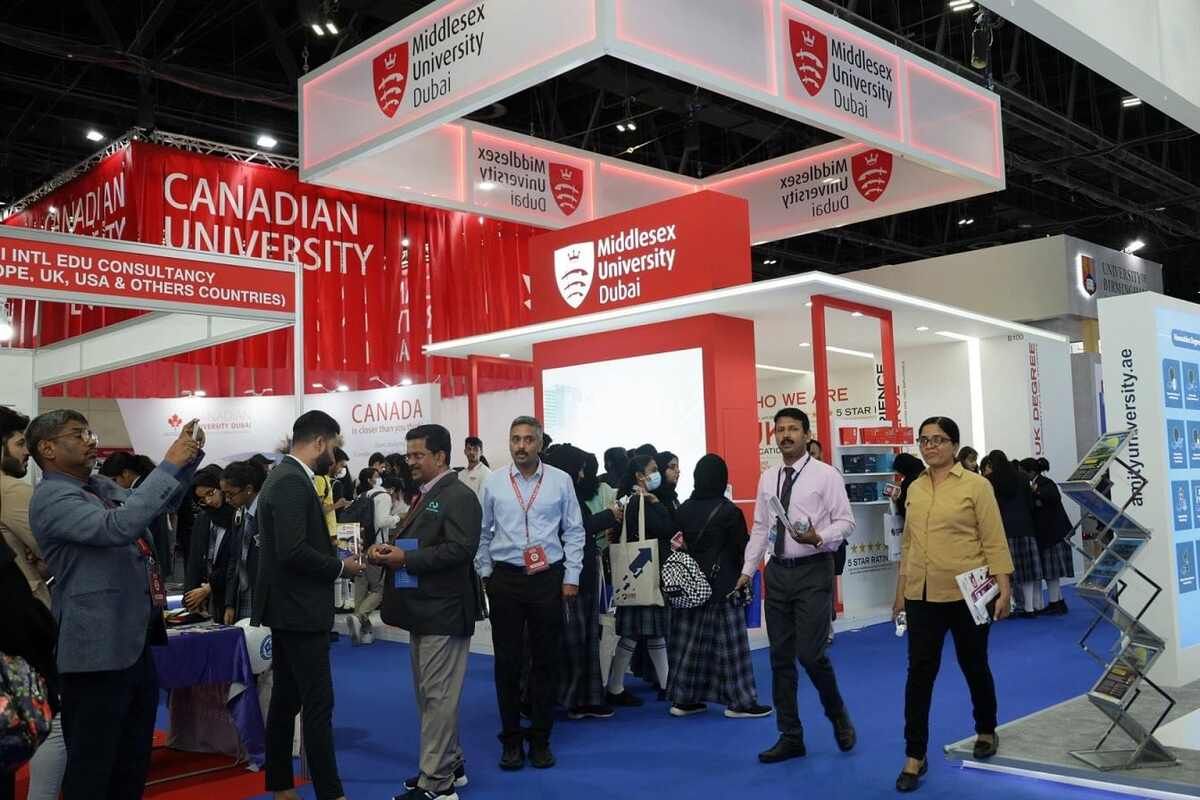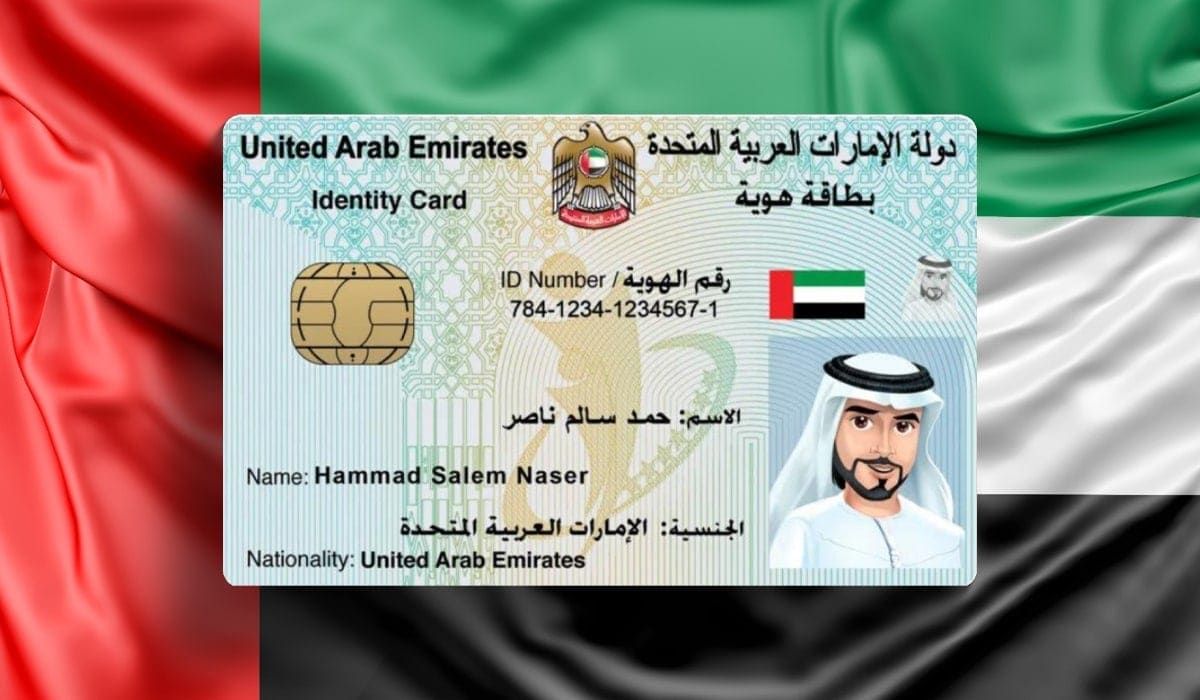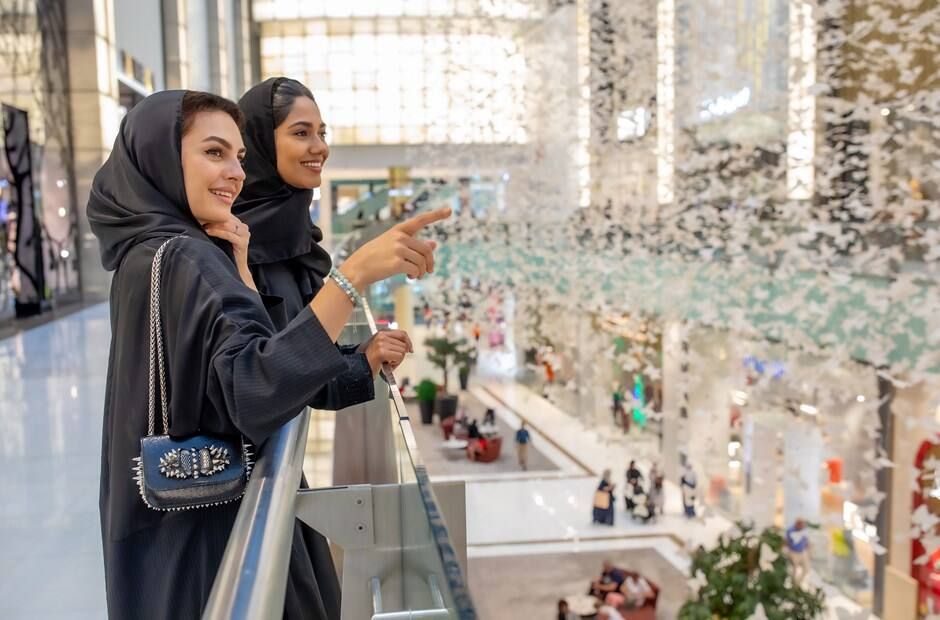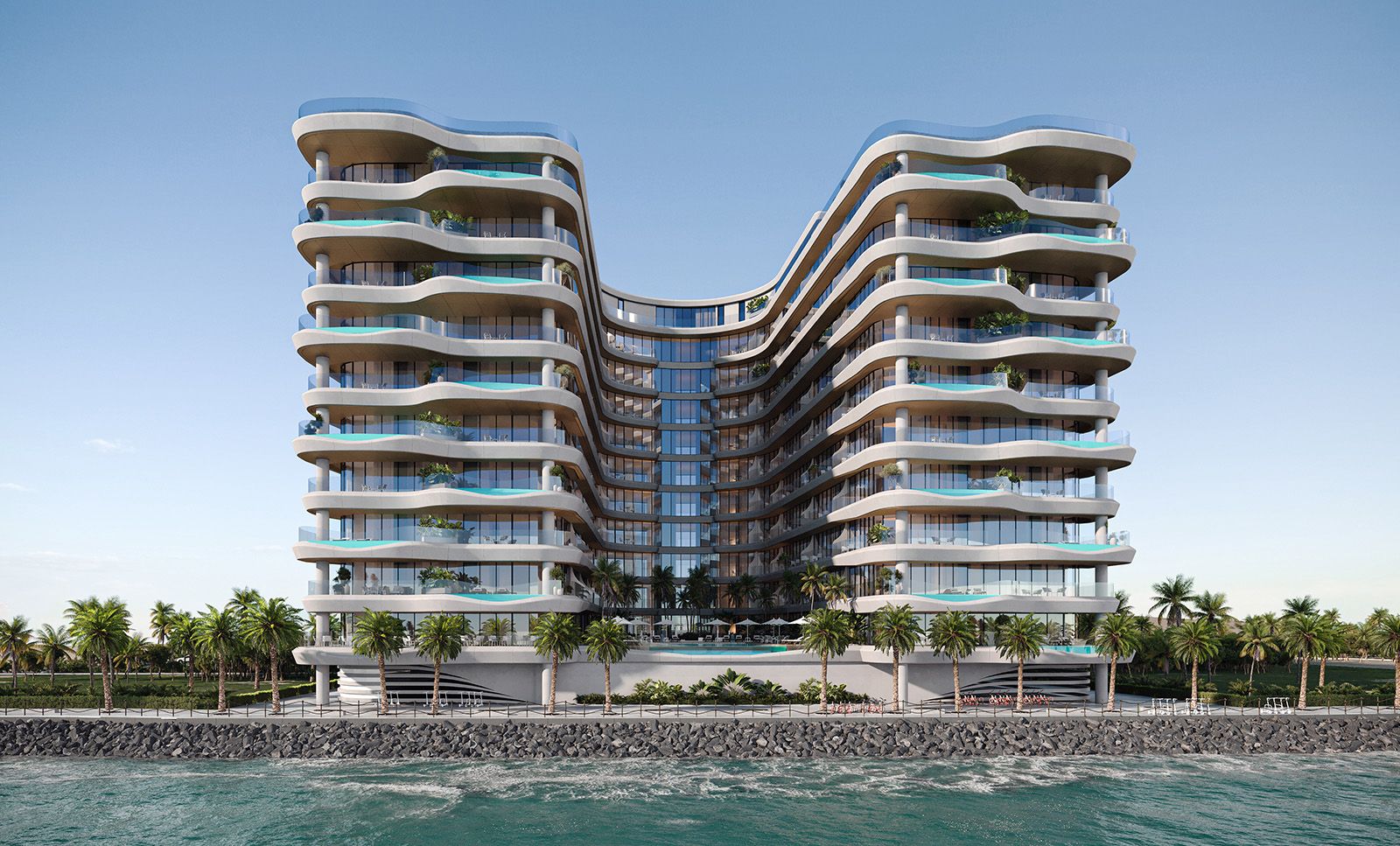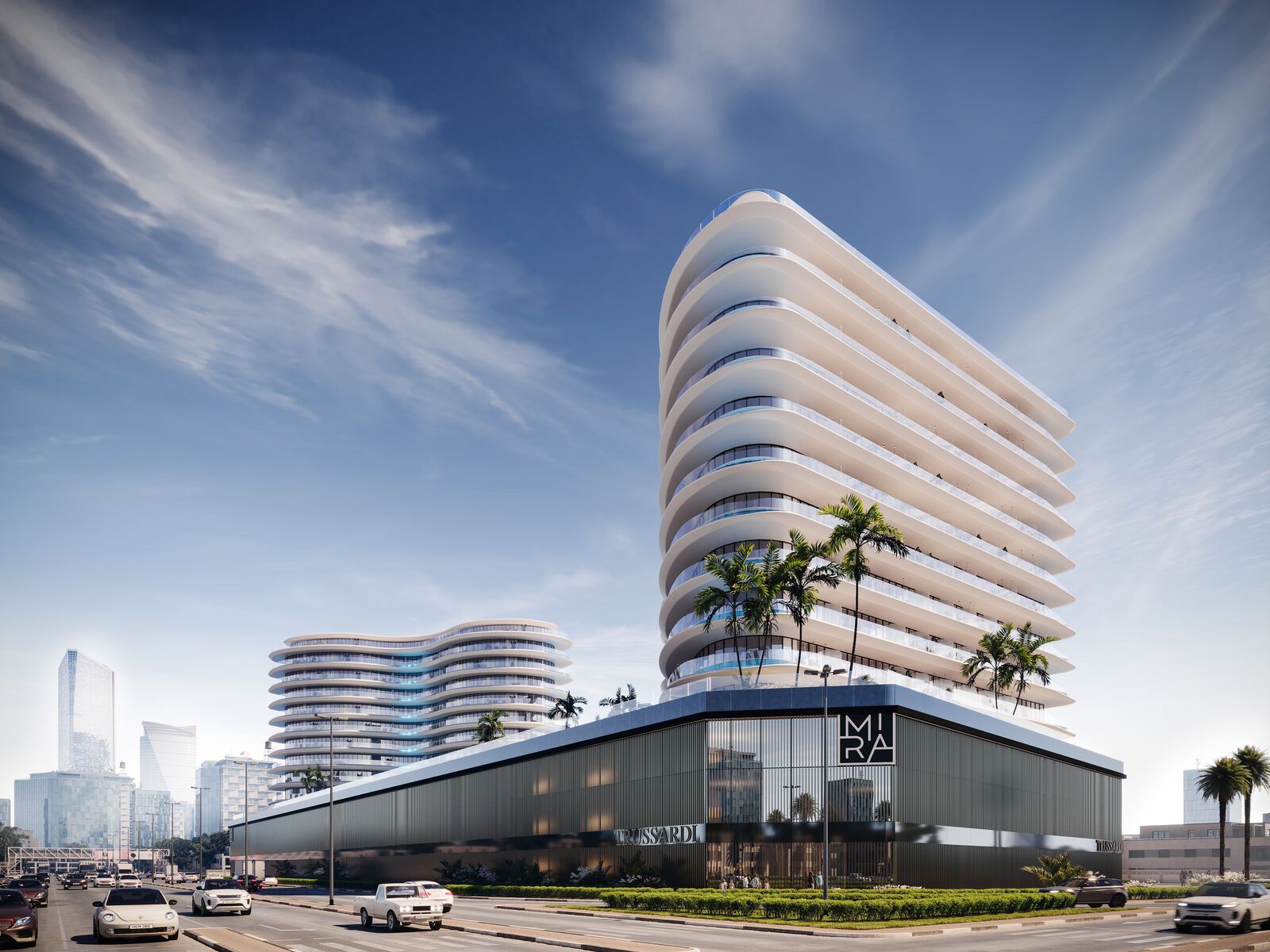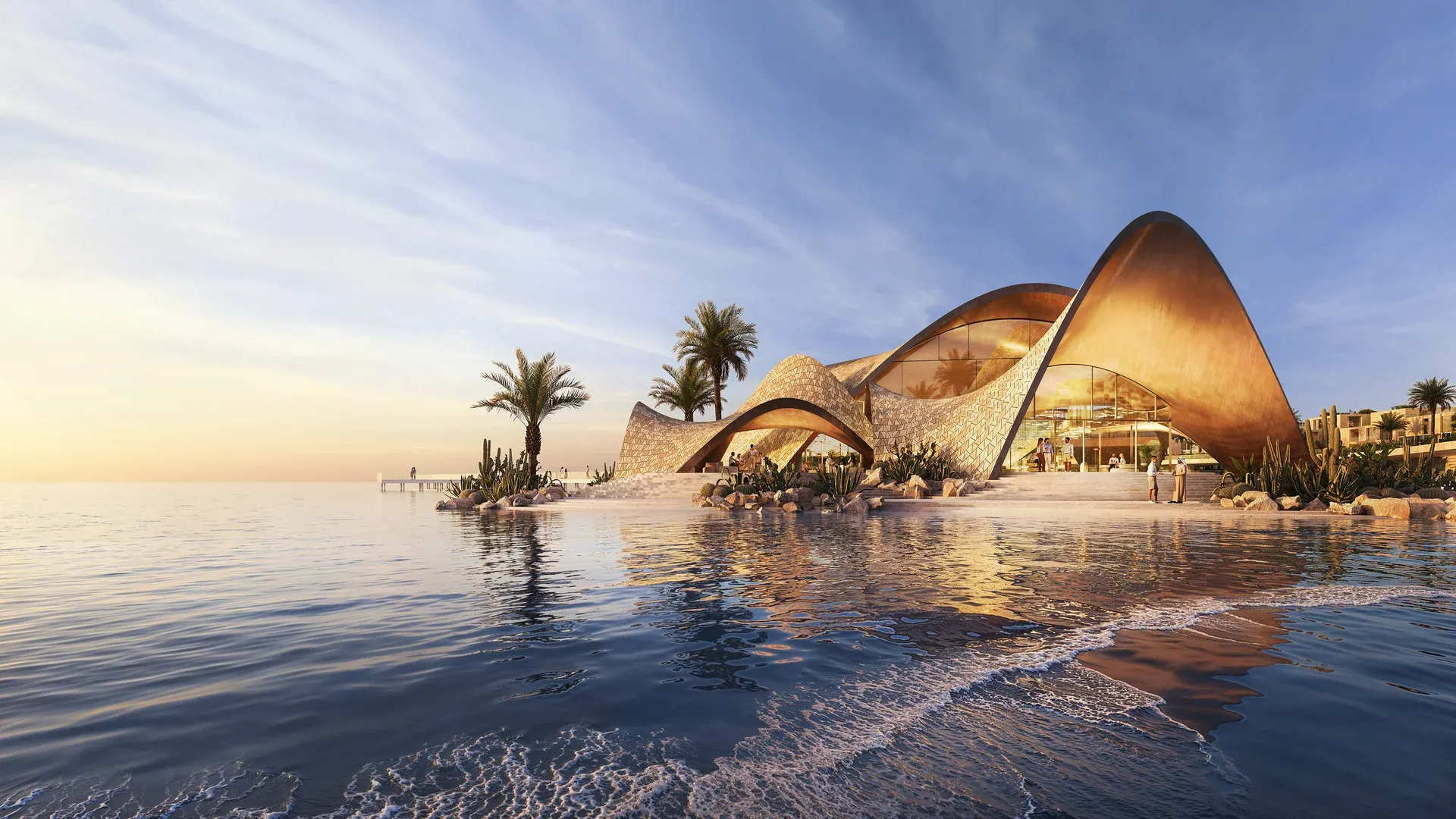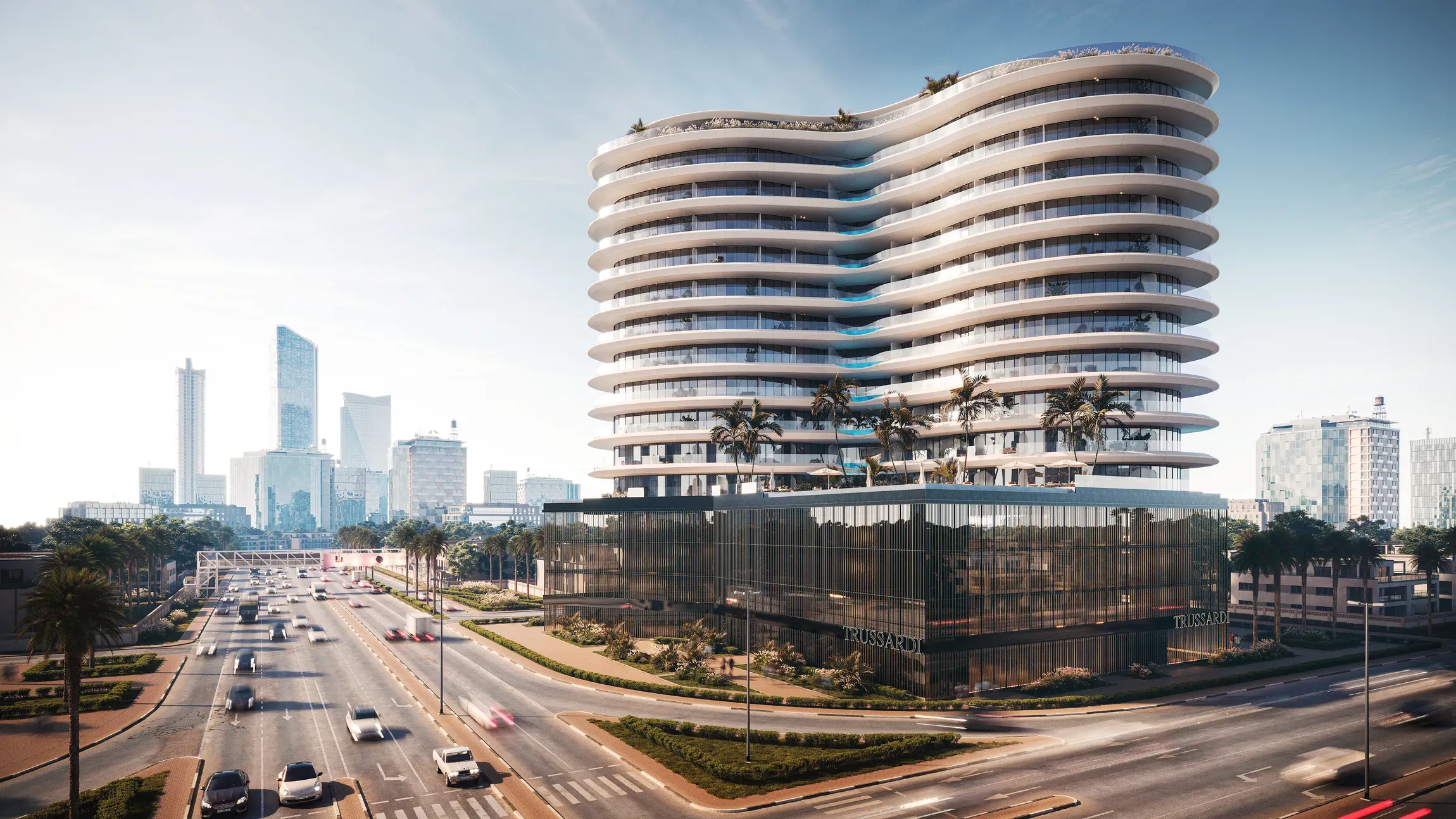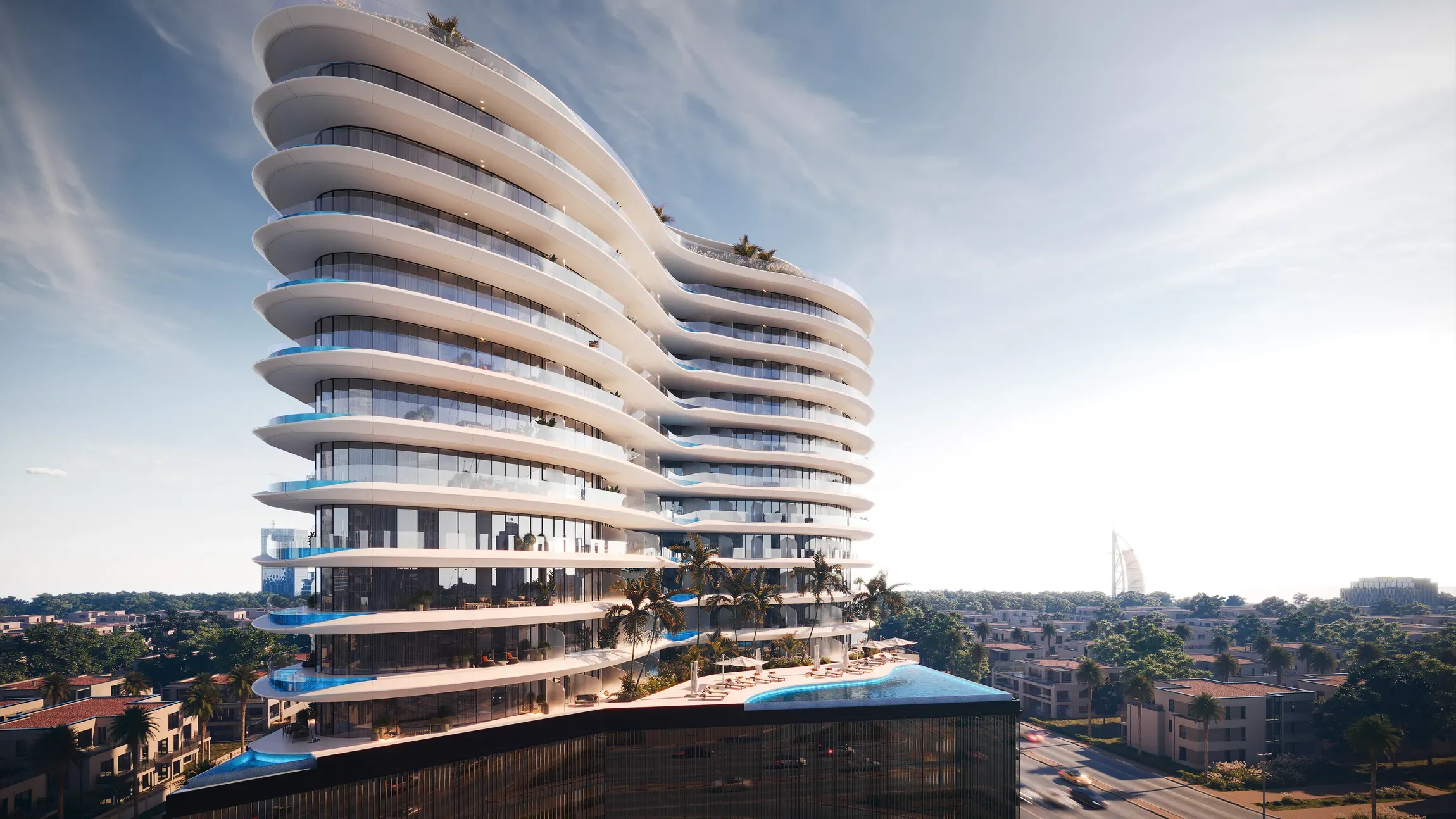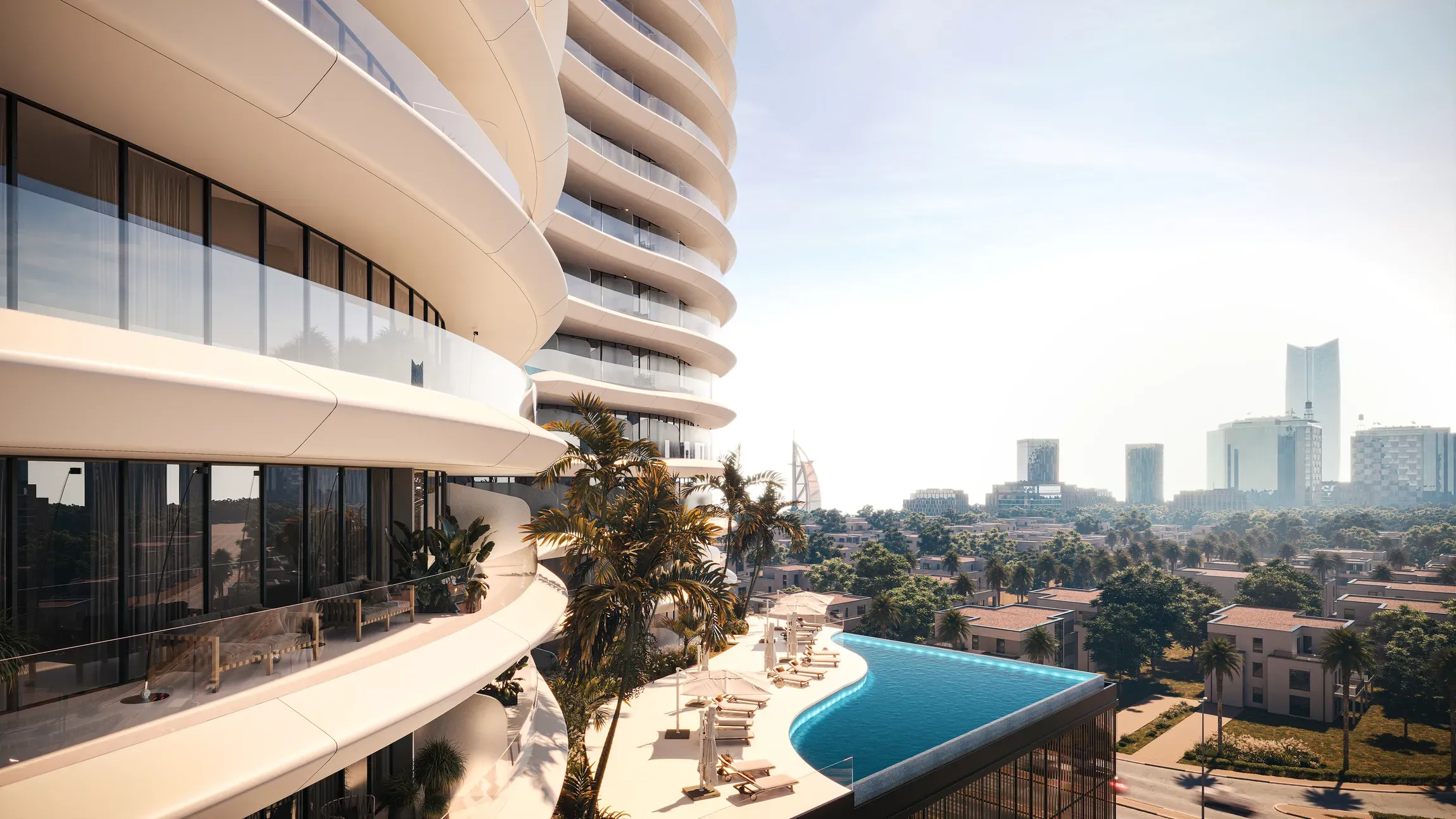24.02.2025
Moving to Dubai: Step-by-step guide for expats in 2025
Dubai stands as a premier destination for expats worldwide, offering a unique combination of professional opportunities and an enviable lifestyle.
Home to a population of 3,79 million (2024 update), over 88% of whom are expats, Dubai is a cosmopolitan hub where English is widely spoken alongside Arabic.
Its GDP, driven by tourism, real estate, and trade, stands at AED 340 billion (USD 114MM) (as of Q2 2024). With tax-free income, high salaries, unmatched safety, and a diverse cultural and entertainment scene, the city is a magnet for expats worldwide.
This guide will take you through the step-by-step process of relocating to this remarkable city, covering visas, housing, costs, and cultural tips to ensure a smooth Dubai relocation process.
Preparing to move to Dubai
- Ensuring your passport has a minimum validity of six months is crucial before planning your move to Dubai. This requirement is strictly enforced for entry into the UAE, whether for a short visit or a longer stay.
- Selecting the right visa type is no less important. Dubai offers a variety of visa options: employment visas for those with job offers, investor visas for individuals starting or investing in businesses, family visas to sponsor dependents, and freelance visas for independent professionals. Researching the specific requirements for each category will help ensure a smooth application process.
- The type of visa will depend on the category of employment you plan to take in Dubai. Researching the emirate’s job opportunities will be the first step to take. Among the top resources for landing a job in the emirate are LinkedIn.com, Gulftalent.com, Naukrigulf.com, Indeed. Ae, Khaleejtimes.com, Caterer Global, GoToGulf, and a few others.
Visa Procedures
Dubai offers a variety of residence visas and permits tailored to different lifestyles and professional needs:
- Employment visa: Issued to individuals with confirmed job offers, requiring sponsorship by an employer in Dubai. This is one of the most common visas for expats.
- Investor visa: Designed for individuals investing in businesses or properties in the UAE. This visa includes the prestigious Golden Visa, which grants up to 10 years of residency for significant investors, entrepreneurs, and exceptional talents.
- Family visa: Allows residents to sponsor their dependents, provided they meet specific income thresholds. This visa ensures families can relocate together. There is, however, a minimum income of AED 10,000 requirement to sponsor up to 5 family members.
- Freelance visa: Perfect for independent professionals in industries like technology, media, and education. This visa offers flexibility for those working remotely or managing multiple projects.
- Job exploration visa -allows you to explore career options without needing an employer sponsor. Applies to recent graduates from top universities or skilled professionals. Valid from 6 months to 1 year.
- Student visa: Available for those pursuing higher education in Dubai's internationally recognized institutions. Students are also allowed to work part-time under specific conditions.
- Retirement visa: Tailored for retirees meeting financial criteria, offering a relaxed retirement lifestyle in the emirate.
- Visit and tourist visas: Short-term options for individuals exploring opportunities or enjoying Dubai's attractions.
Each visa type has specific eligibility criteria and application requirements.
A residence visa is mandatory for anyone planning to live, work, or invest in Dubai long-term. It allows you to stay in the emirate for extended periods, whether for employment, business, or family reunification.
- Eligibility: This visa is primarily sponsored by employers, family members, or through real estate investments in Dubai.
- Application process: To obtain a visa, you'll need to undergo a medical fitness test, apply for an Emirates ID, and submit documentation such as a passport and proof of employment or investment.
- Validity: The residence visa can be issued for 1, 2, or 3 years, depending on the sponsor and applicant's residency category.
Types of residence visas:
- Work visa – Sponsored by employers.
- Investor visa – Available to those investing in property or businesses in Dubai.
- Family visa – For family members of Dubai residents.
Visa-On-Arrival
Citizens of select countries (81) are entitled to a simplified entry procedure through the visa-on-arrival.
Finding Accommodation
It is advisable to start looking for a place to live before making the move. Both short- and long-term rentals are available in abundance.
Furnished lodgings are a better fit for the short term, whereas unfurnished accommodations are a better choice for the longer term.
However, one should consider the rising rental costs, projected to go up by 18% in 2025 when choosing between renting and buying.
Whether you choose to buy or rent property in Dubai, it is always advisable to contact a professional realtor to guide you through the intricate process.
Depending on your family situation, budget, and other preferences, you can choose from these areas best suited for ex-pats:
- Palm Jumeirah: A luxury destination with beachfront villas and top-rated schools, ideal for families seeking privacy.
- Dubai Marina: A dynamic waterfront community with modern amenities, perfect for professionals and young families.
- Downtown Dubai: The city’s bustling center, close to business hubs, with walkable streets and stunning urban views.
- Business Bay: A lively blend of residential and commercial spaces, suited for professionals prioritizing work-life integration.
- Arabian Ranches: A quiet gated community with spacious villas, parks, and excellent schools, perfect for families.
- Al Barsha: Centrally located with affordable housing and proximity to healthcare facilities and the Mall of the Emirates.
- The Springs and The Meadows offer villas and townhouses in the medium price range.
- Jumeirah Village Circle (JVC): Affordable homes in a family-friendly setting with parks and schools nearby.
- Deira and International City offer apartments and villas in a more affordable price range.
One important nuance of the rental market in Dubai is that owners often require a lumpsum rent payment for 6 to 12 months when you move in. A burden? On the one hand, it is. On the other, it relieves you of the need to care about monthly bills.
Budgeting and Cost of Living
Understanding Dubai’s cost of living is essential for effective budgeting. While Dubai offers a luxurious lifestyle, costs can vary significantly based on lifestyle choices. Below is a sample breakdown of average monthly expenses:
Rent for a 1-bedroom apartment: 7,300 Dhs (average cost)
Fuel price per gallon: 6.89 Dhs
Meal at a restaurant: 30 Dhs
Cinema ticket price: 35 Dhs
Below is the data on wages in Dubai across industries in 2024:
- Finance: The highest-paying sector, with an average salary of AED 25,000/month, encompassing roles in investment banking, accounting, and financial analysis.
- Technology: Professionals in software development, IT management, and cybersecurity earn an average of AED 22,000/month, driven by rapid digital transformation.
- Healthcare: Medical doctors and specialists are among the top earners in this field, with an average salary of AED 20,000/month.
- Real Estate: Salaries average AED 18,000/month, offering lucrative roles in property management, sales, and development.
- Retail: The industry averages AED 10,000/month, though management roles can offer competitive remuneration compared to lower-tier positions.
These numbers are enough for a comfortable lifestyle for an expat family. Plus, expats’ disposable income here is by far the world’s highest given the zero income and capital gains tax, and other tax incentives.
Using public transport, which is affordable and efficient, and local markets for groceries, car-pooling, energy saving, looking for deals, etc., may significantly lower your cost of living.
Healthcare and Insurance
Dubai's healthcare system is acclaimed as one of the world’s best in terms of standards, accessibility, and efficiency. The emirate’s healthcare system has public and private sectors, each known for excellent service. Public healthcare, controlled by the Dubai Health Authority (DHA), oversees hospitals, clinics, and specialized care facilities. Expats can access public healthcare services, provided they obtain a health card, that gives access to a wide range of government hospitals if they don’t have a private health plan. The steps to get one are explained here.
Health Insurance Requirements
As health insurance is mandatory in Dubai, employers are obligated to provide it to employees. Residents’ dependents, spouses, or children, must be covered by a health plan too.
Costs and Accessibility
While public healthcare is affordable, most expats prefer private healthcare due to shorter waiting times and access to world-class facilities. Costs can vary widely:
-
General consultation: AED 200–AED 600 in private clinics.
-
Specialist consultation: AED 400–AED 1,000.
-
Health card fee: AED 320 for adults (public services). Private insurance premiums range from AED 5,000 to AED 20,000 annually, depending on coverage.
Key Highlights -
Accessibility: Dubai’s healthcare system offers round-the-clock emergency services, multi-specialty clinics, and telemedicine options.
-
Expat-friendly: English-speaking staff and internationally accredited hospitals make it easy for ex-pats to find the right fit.
Education for Expat Families
Dubai's education system is diverse and internationally acclaimed, catering to the needs of expats from around the world. Government schools primarily follow the UAE national curriculum and cater to Emirati citizens, with a smaller number of expat students. Most expats, however, prefer private or international schools due to their wide-ranging curricula and language options.
Popular Educational Systems
International schools in Dubai offer globally recognized curricula, including British (GCSE and A-levels), American (AP), and International Baccalaureate (IB). Schools such as Dubai College, Jumeirah English Speaking School (JESS), and the American School of Dubai are among the top-rated institutions, known for their high academic standards and extracurricular activities.
Costs and Early Placements
Education costs in Dubai can vary significantly depending on the school and curriculum. Tuition ranges from AED 12,000 to AED 100,000 annually. Parents are advised to secure placements early, as top-tier schools often have waitlists.
Tips for Families
- Start early: Research and apply to schools as soon as relocation plans are confirmed.
- Consider proximity: Choose schools close to home or with convenient transport options to minimize commute time.
- Explore support services: Many schools offer additional language support for non-English-speaking students, ensuring smoother integration.
Transportation
Getting around Dubai using public transportation is easy.
- Public transport options: Dubai operates a network of metro, tram, bus, and marine transport. The Dubai Metro (Red and Green lines) connects major areas, while the tram services Dubai Marina and Al Sufouh.
- Nol card system: This rechargeable card is used for public transport and RTA parking payments. Options include Silver (popular with tourists), Gold, and Blue (with concessions for students and seniors). Cards can be topped up at metro stations, bus stops, or online.
- Affordable alternatives: Buses run 24/7, and water transport ranges from AED 1 for abras to luxury ferries.
- Eco-friendly choices: Cycling paths, bike rentals, and e-scooters are gaining popularity in urban neighborhoods.
- Taxis and rentals: Taxis are widely available, and short-term rental services like Udrive and eKar offer flexibility.
Setting Up in Dubai
ID
The first step to legalize your presence in Dubai is to get an Emirates ID. To get it, expats need to have:
- A valid passport
- Residency permit or entry permit
- A passport-sized photo
- If you are under 15, a birth certificate, a parent’s passport, or Emirates
The ID is an essential document for getting access to various services and official transactions across the country, including opening a bank account.
Bank Account
To open a bank account in Dubai, ex-pats must present the following:
- Passport (with copies of the photo page)
- A no-objection letter from your employer or visa sponsor
- Visa and Emirates ID
- Proof of address (utility bill or rental agreement)
- Salary documentation
Note: Certain banks may require additional documents, such as a letter of recommendation from another bank or a minimum monthly balance.
Important: Residency is essential to open an account.
Mobile and internet setup
Mobile reception, internet coverage, and speed in Dubai are excellent. Etisalat is the top mobile operator, du comes second. Both providers offer mobile and home wireless services. Etisalat mobile plans, for example, start at 50 AED a month, home plans - from 199 AED for unlimited data.
There are plans available for visitors, such as Etisalat’s Visitor Line plan and du’s Visitor Mobile Line and Tourist Plan. The plans have various options for making local and international calls, sending text messages, and web browsing.
Understanding Cultural and Legal Norms
Though Dubai is the most progressive city in the UAE, cultural sensitivity and respect for local customs are important:
- Dress code: Modest clothing is expected in public areas. Avoid wearing revealing outfits, with shoulders and knees covered. Resorts and private beaches have more relaxed dress codes, but mosques require full coverage, including a headscarf for women.
- Religious practices: Dubai adheres to Islamic and Sharia laws, with mosques broadcasting prayers five times a day. Non-Muslims can visit mosques outside prayer times, but Friday prayers are reserved for worshippers. Ramadan brings stricter public norms, with eating, drinking, and smoking in public prohibited during daylight hours.
- Public behavior: Public displays of affection, such as kissing or hugging, are frowned upon and may attract penalties. Homosexuality remains illegal, and social interactions should always adhere to local etiquette.
- Gender dynamics: Though women enjoy more freedom in Dubai compared to other parts of the Middle East, traditional norms still influence interactions. For instance, some men may avoid handshakes with women. Dubai’s public transport includes women-only sections.
- Alcohol and smoking: Alcohol consumption is restricted to licensed places like hotels and bars. Drinking in public or driving under the influence is severely punished.
- Language: Though English is widely spoken, picking up a few Arabic phrases can help you better interact as ‘Khalas’ and ‘Yalla’ become part of your daily vocabulary.
- **Work culture nuances **like the Sunday-to-Thursday workweek and the reduced work hours during Ramadan come as a nice surprise.
Establishing Yourself in Dubai
Now that you have moved to Dubai, it is time to immerse yourself in the city’s multifaceted culture and life.
Dubai offers ex-pats a unique blend of professional opportunities and leisure activities, ensuring a balanced lifestyle:
- Work-life balance: Many workplaces in Dubai adopt shorter working hours during Ramadan and provide weekends from Friday to Saturday, leaving ample time for personal pursuits. Explore co-working spaces and wellness programs to stay productive yet relaxed.
- Socializing and networking: Dubai’s multicultural community offers numerous opportunities to connect. Expats can join groups like InterNations, Americans in Dubai, Expat Australians, Expat British, or attend events tailored to professionals. Cafes, fitness clubs, and community meetups are popular venues for building connections.
- Leisure activities: From beaches and desert safaris to fancy malls and serene parks, Dubai has endless options to unwind. Explore Kite Beach for water sports, or enjoy a serene night out at Dubai Marina. Believe it or not, there is a professional cycling track in the desert, at Al Qudra, a 30-minute drive away from the city with road bikes for rent!
- Shopping tips: Luxury shopping at Dubai Mall and the charm of traditional souks in Deira are beyond comparison. Look for great deals during sales events like the Dubai Shopping Festival.
Takeaways
Moving to Dubai offers expats a unique combination of professional opportunities, cultural richness, and lifestyle advantages.
This guide has covered the essential steps, from securing the right visa and choosing accommodation to understanding the city’s cultural norms and engaging with its diverse social scene.
Whether you're attracted by tax-free income, outstanding safety, or the mix of tradition and modernity, Dubai provides an enriching experience for those looking to live and work in a dynamic global hub.
Approach your relocation with confidence and look forward to all that Dubai has to offer.
Explore Our Projects
Al Marjan Island, Ras Al Khaimah
Gianfranco Ferré Residences
Step into a new standard of coastal living with stylish studios and spacious one-, two-, and three-bedroom apartments — all featuring fully furnished interiors, hotel-style services, and sweeping views of the Arabian Gulf.
Al Furjan, Discovery Gardens, Dubai
Trussardi Residences Phase II
Following overwhelming demand for Phase I, these two towers present an even more refined and upgraded offering, infused with the same Milanese spirit.
Andermatt, Switzerland
POST Hotel & Residences by ELIE SAAB
The project transforms the historic chalet in the Swiss Alps into a pinnacle of modern comfort and sophistication.
Tbilisi, Georgia
Mira Verde
Georgia’s first branded, master-planned community, set amid the rolling green landscapes of Tbilisi Hills, just ten minutes from the historic city center.
Al Mairid, Ras Al Khaimah
Mira Coral Bay
Mira Coral Bay is the world’s first luxury waterfront community, created in partnership with 14 globally renowned brands, on the picturesque shores of Ras Al Khaimah.
Al Furjan, Discovery Gardens, Dubai
Trussardi Residences
This stunning development in the Al Furjan area of Dubai embodies the contemporary elegance of the Italian fashion icon.
